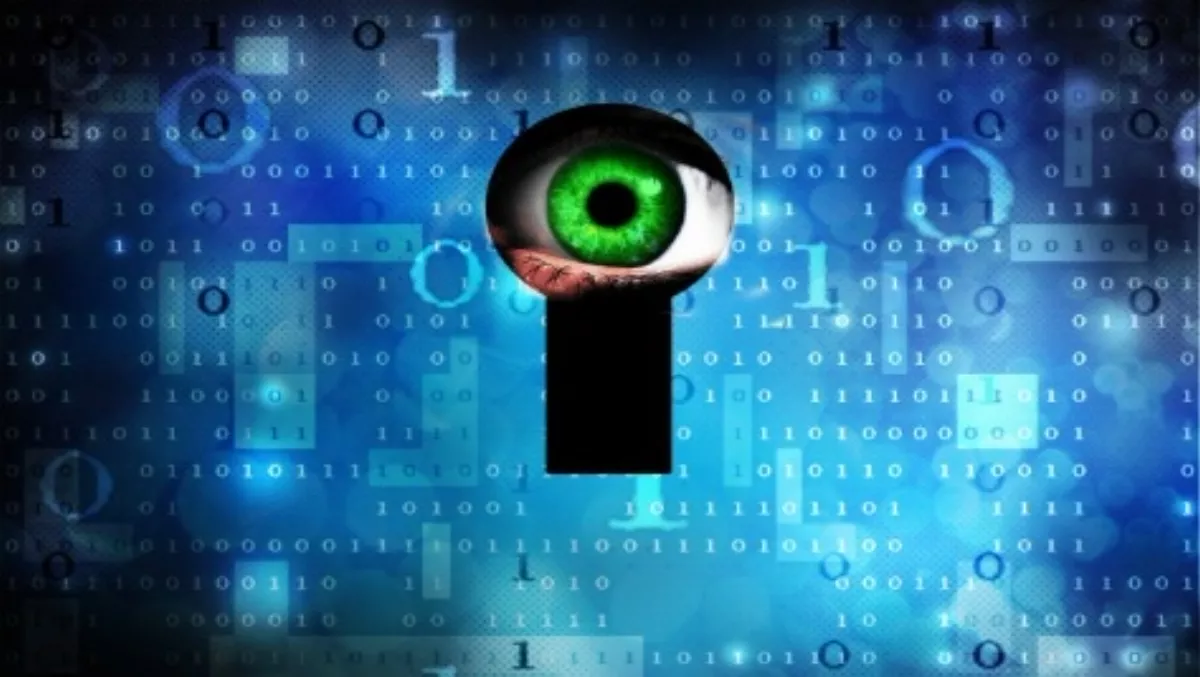
Kiwis: Are you as safe as you think you are online?
Despite the increasing propensity of cyber attacks, many New Zealanders aren't aware of security concerns and leave themselves open to threats, according to research from Trend Micro.
Trend Micro has found New Zealanders spend on average five hours per day on the internet using mobile devices, but only 36% have installed security software on to their smartphones.
This leaves them open to a range of mobile threats, says Trend Micro.
"The results of our New Zealand consumer survey show that consumers are under the impression a security breach won't happen to them on a personal level," says Tim Falinski, Trend Micro ANZ consumer director.
"When our research found consumers were spending five hours on mobile internet every day - even though two thirds don't use mobile security software - it makes the size of the risk very clear.
"Consumers need to be aware that their everyday activities on their mobile devices may lead to a new pathway for individuals to exploit their data and personal information," he says.
Trend Micro highlighted a few key risk areas, including:
Browsers
Social media sites, online banking and community passwords give New Zealanders protection against the unknown, however, six in 10 respondents allow their browser(s) to save their passwords at least sometimes.
Falinski says, "Letting your browser save your password allows cyber criminals to have access to your personal login details to all of your accounts.
"Practise safe browsing by deleting your cookies/cache regularly and don't save any passwords to your browser.
Social media
Trend Micro found 80% of New Zealanders are using their mobile devices to access social media.
Of these, 66% of consumers are concerned about leaking private details but still share these details on a daily basis.
"Social media is a very tempting place to share your personal information. But people need to remember that you're not just sharing your photos or your personal details with your friends.
"You're sharing it with the whole world, which removes the element of privacy," says Falinski.
Wi-Fi hotspots
The proliferation of free Wi-Fi provides consumers with more opportunity to use networked services on-the-go without incurring mobile network data charges.
However, 36% of consumers were unsure how to check if the public Wi-Fi connection they were accessing was secure.
According to Falinski, "Public Wi-Fi hotspots lack the encryption we enjoy on private networks, which provides cyber-crims with the opportunity for data access and identity theft.
Children on the internet
Children are creating their own online presence from an early age, yet only two in 10 adult consumers surveyed feel safe about their child using the internet, according to Trend Micro.
According to survey, 89% of New Zealand parents have provided their children with guidance on how to stay safe and responsible while using the internet.
"It's our responsibility as adults to ensure we're paving a secure path for the next generation to navigate the online world safely, so it's encouraging to see these very strong numbers," says Falinski.
The daily scam
New Zealanders are finding more and more scams entering their email inboxes with 40% of those surveyed receiving 10 spam emails per week on their mobile devices.
"No matter how advanced cybercrime becomes, there will always be those who try the quick, easy, oldest tricks in the book.
"Our job is to be aware that they exist and not be tricked by the scammers," Falinski says.
Free software
Some consumers understand that it is important to protect themselves on their mobile devices, however, 65% of those who do have a security software or security app on their smartphone use a free version, which leaves gaps for security breaches.
"Any type of security software is better than having none at all, but consumers should check carefully the features of the software they're choosing.
"To have a comprehensive barrier against the newest and most complex threats, consumers need to consider security software for their mobile devices that covers protection from viruses and identity theft, safe surfing and lost device protection," says Falinski.


